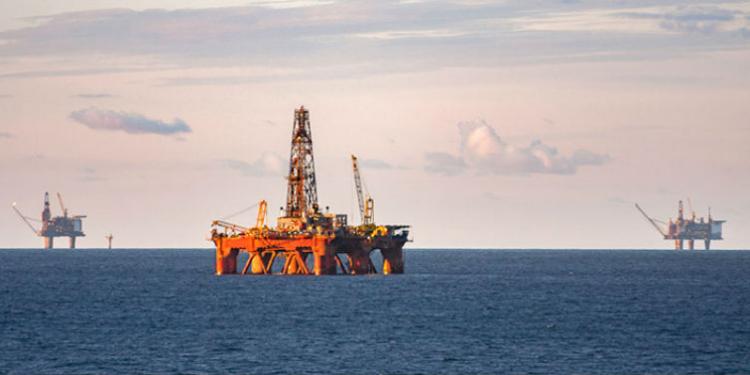The FINANCIAL — The world runs on hydrocarbons. But the impacts of oil production are significant and accidents like the explosion of the Deepwater Horizon drilling rig in the Gulf of Mexico in April 2010 are a reminder of its potential dangers.
Yet economies still need the black gold and countries with meaningful reserves cannot afford not to exploit their natural resources. Viable domestic production not only helps the trade balance but it is also an important contributor to energy independence.
For many years, Greece has based its energy supply mostly on imports of its oil and gas needs. Domestic production of natural resources was limited to lignite (sometimes known as ‘brown coal’) with only limited offshore oil production, suffering from years of underinvestment. However, since 2012 Greece has taken steps to stimulate exploration efforts and revive its energy industry. While some companies have recently shown more interest in exploration (such as Repsol), the Greek company Energean is the only domestic producer at present.
The EBRD has identified energy as one of its core activities in Greece. In addition to supporting green energy with a €300 million renewables framework, the Bank has also provided a US$ 90 million loan to Energean for the development of the company’s assets. This loan has now been complemented with a technical assistance programme for the implementation of new regulations to strengthen the safety of oil protection and increase the protection of humans and the environment, according to the EBRD.
Following the Deepwater Horizon accident, the European Commission launched an assessment of safety in offshore oil and gas exploration as well as production activities in European waters. The investigation concluded that while a number of best practices already existed in European Union (EU) member states in relation to safety, preparedness and response, the divergent and fragmented regulatory framework, along with current industry safety practices, did not provide adequate protection from risks of offshore accidents. Other findings pointed out that countries’ different safety regimes can complicate the understanding and management of risks, increase costs and slow down the response time in the event of accidents with trans-boundary effects.
These conclusions are all the more relevant in light of the transformation of the European oil and gas industry in response to the progressive depletion of “easy” reservoirs. Exploration is moving towards more complex environments characterised by high pressure/high temperature reservoirs, deeper waters and/or extreme climate conditions that may complicate the control of subsea installations and incident response.
At the same time, production facilities in maturing fields are ageing and often taken over by specialist operators with smaller capital bases. The study concluded that while risks could not be totally eliminated in the offshore hydrocarbon industry, the safety and integrity of operations and assurances of maximum protection of people and the environment needed to be guaranteed.
Following this examination, the European Parliament issued the European Offshore Safety Directive (Directive 2013/30/EU) in 2013. It aims to reduce, as far as possible, major accidents relating to offshore oil and gas operations and to limit their consequences; increase the protection of the marine environment and coastal economies against pollution; establish minimum conditions for safe offshore exploration and exploitation of oil and gas; and to improve the response mechanisms in case of an accident.
Each EU member state had to transpose the directive into national legislation. Greece transposed the Directive in July 2016. However, secondary legislation, detailed guidelines and response plans were also needed to ensure the adequate implementation of the directive. This is where the EBRD came in.
Together with the Greek regulator HHRM, a plan was developed for a technical assistance project to support the implementation of the directive and improve the offshore environment, health and safety regulations in Greece. The EU provided €290,000 in support.
In the summer of 2017, following an international public tender, DNV GL was selected as the preferred consultant to implement the project which was successfully realised in the following months in cooperation between DNV, the EBRD and HHRM. Following the completion of the work, offshore major hazards guidance was presented to several international and domestic companies (Total, Exxon, Repsol, Energean and Hellenic Petroleum, among others) and the ministry of environment and energy in Athens in the presence of EBRD Managing Director for central and south-eastern Europe, Charlotte Ruhe and EBRD Regional Director for Greece and Cyprus, Sabina Dziurman. Ben Oudman, Regional Manager for DNV, said: “I am sure that this will be a positive step in Greece to maintain a good record in major hazard management offshore.”
The development of this guidance allows existing and new entrants to the Greek oil and gas industry offshore to be certain of a robust and well-formed regulatory regime.































Discussion about this post